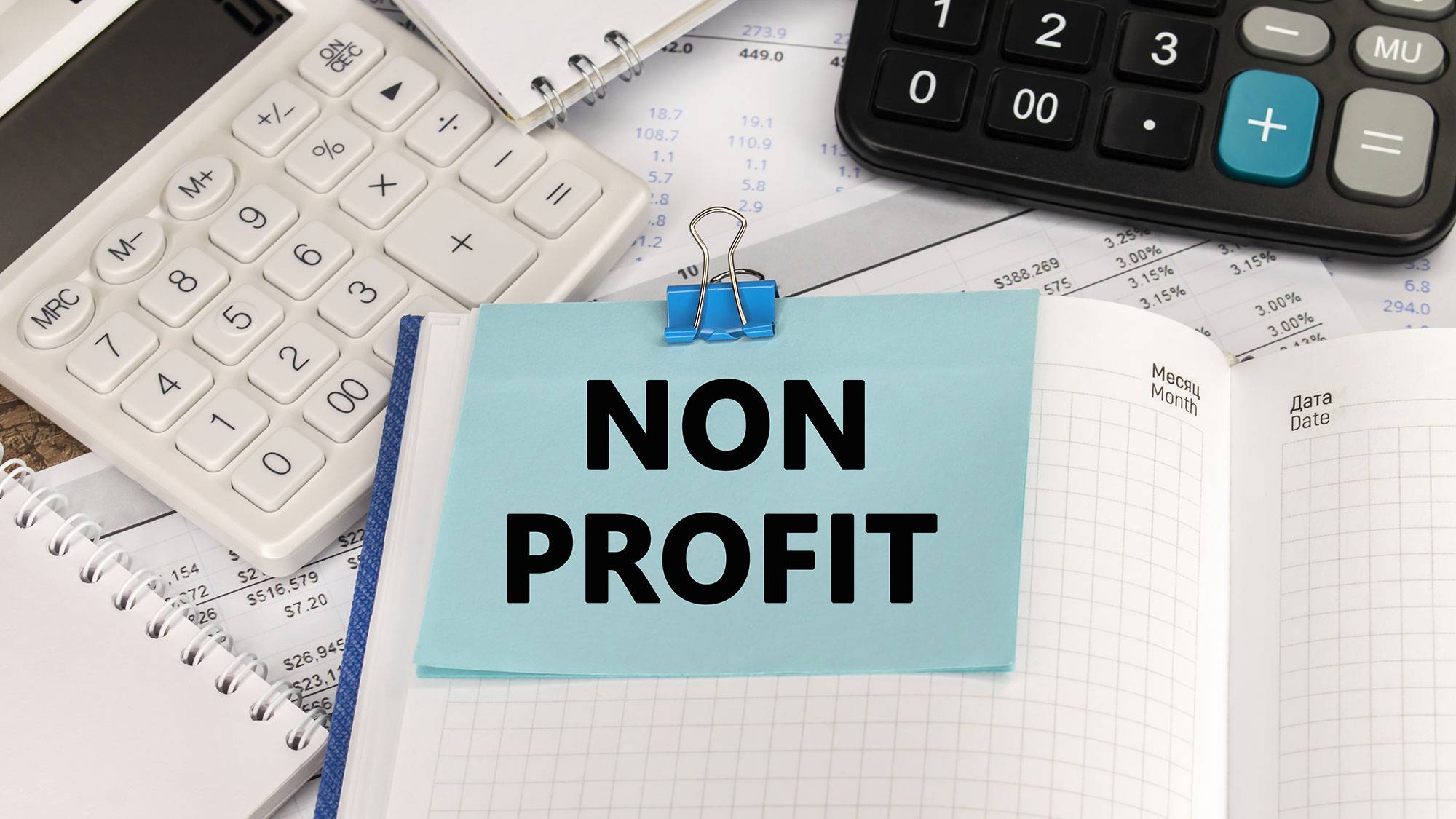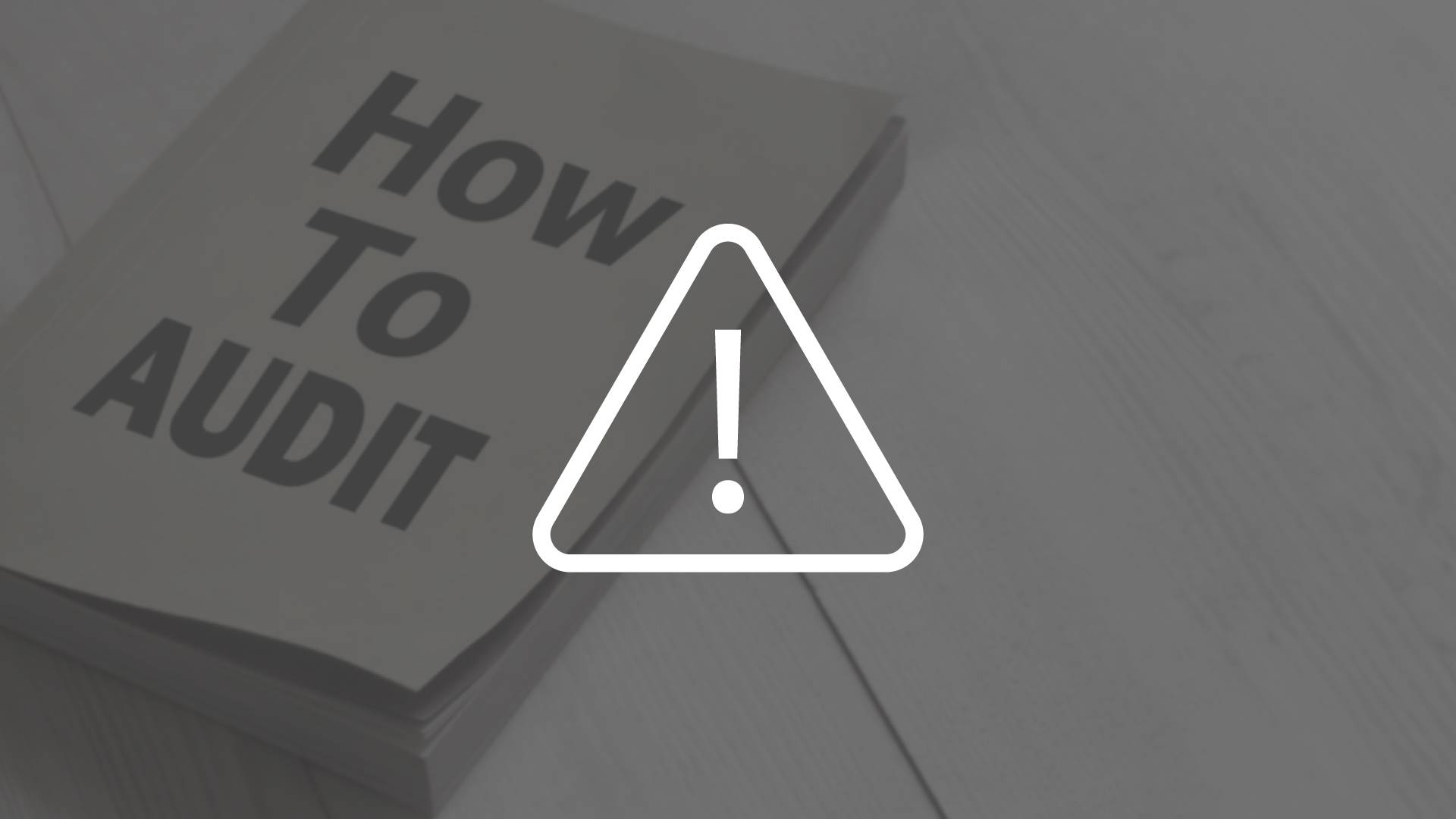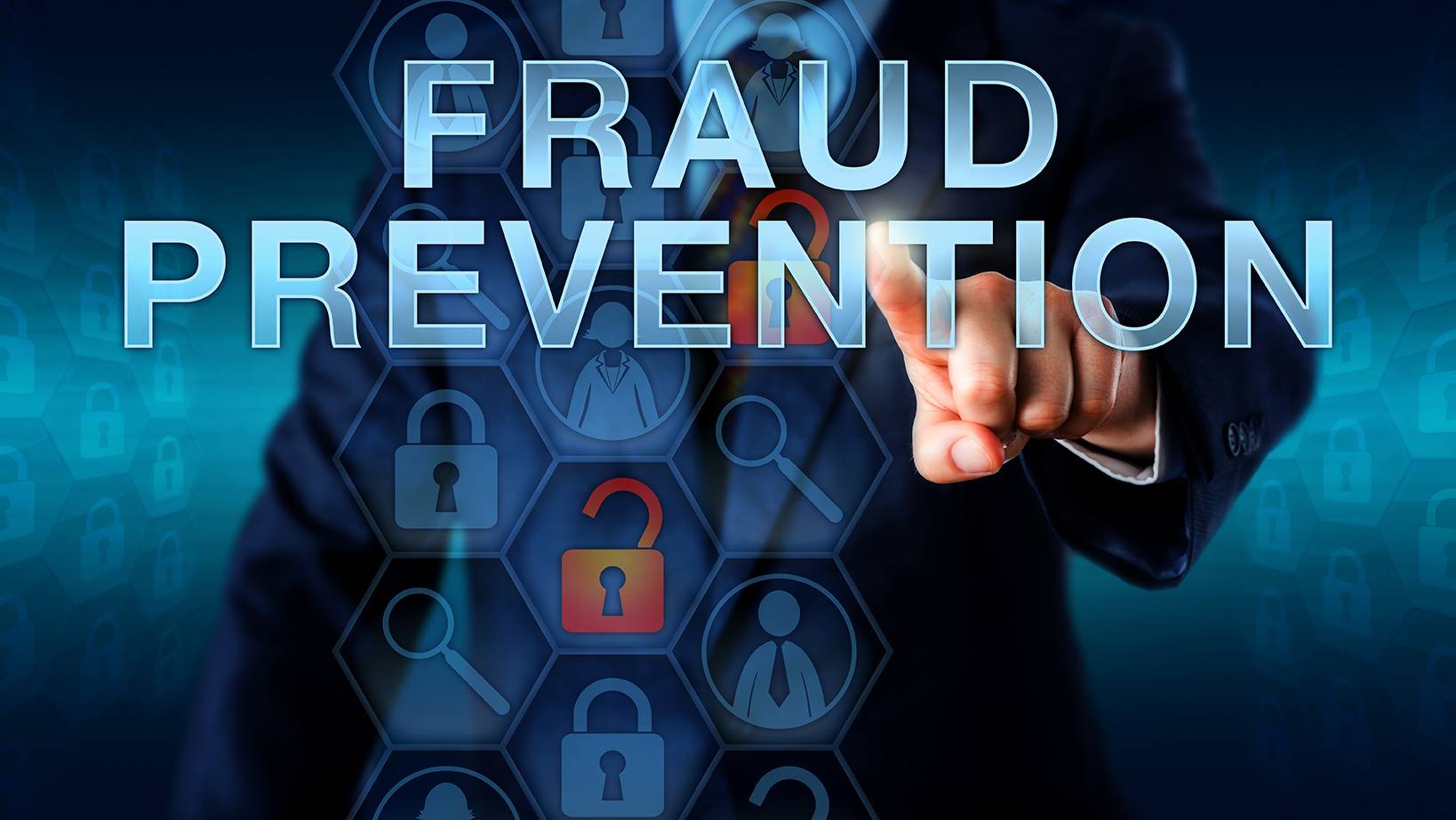Self-Study
Auditing Nonprofit Entities
Understand the controls and procedures to correctly audit nonprofit contributions.

$87.00 – $107.00
Webcasts are available for viewing Monday – Saturday, 8am – 8pm ET.
Without FlexCast, you must start with enough time to finish. (1 Hr/Credit)
Please fill out the form below and we will reach out as soon as possible.
CPE Credits
3 Credits: Auditing
Course Level
Overview
Format
Self-Study
Course Description
Nonprofit entities present significant auditing challenges, since their reported results are closely tied to the nature of the contributions they receive, donor restrictions on the use of those contributions, and the need to present a high level of program effectiveness to donors. In the not-for-profit auditing CPE course, we examine how the auditor can navigate these challenges by delving into nonprofit controls, as well as audit procedures that are specific to the industry. Particular attention is paid to the auditing of contributions, donor restrictions, endowment funds, fund-raising expenses, and split-interest agreements in this nonprofit auditing CPE course.
Learning Objectives
Upon successful completion of this course, participants will be able to:
- Recognize why an audit strategy is needed, and what it controls.
- Identify the issues associated with the environment in which a nonprofit operates.
- Specify the risk assessment steps associated with the audit of a nonprofit.
- Recognize when a nonprofit’s internal audit function can be used by the auditor.
- Identify the cash controls that a nonprofit entity might use.
- Specify the controls that a nonprofit entity might use over the valuation of contributions.
- Recognize when a misstatement is considered to be material.
- Identify the actions that can be taken to reduce detection risk.
- Specify the events or conditions that indicate the presence of a risk of material misstatement.
- Identify the areas in which an auditor may choose to hire a specialist when auditing a nonprofit entity.
- Specify who is responsible for fraud prevention and detection.
Course Specifics
SS924377956
March 9, 2024
There are no prerequisites.
None
67
Compliance Information
CFP Notice: Not all courses that qualify for CFP® credit are registered by Western CPE. If a course does not have a CFP registration number in the compliance section, the continuing education will need to be individually reported with the CFP Board. For more information on the reporting process, required documentation, processing fee, etc., contact the CFP Board. CFP Professionals must take each course in it’s entirety, the CFP Board DOES NOT accept partial credits for courses.
Meet The Experts

Steven M. Bragg, CPA, is a full-time book and course author who has written more than 300 business books and courses. He provides Western CPE with self-study courses in the areas of accounting and finance, with an emphasis on the practical application of accounting standards and management techniques. A sampling of his courses include the The New Controller Guidebook, The GAAP Guidebook, Accountants’ Guidebook, and Closing the Books: An Accountant’s Guide. He also manages the Accounting Best Practices podcast. Steven has been the CFO or controller of both public and private companies and has been a consulting manager with Ernst & Young and …
Related Courses
-
 Auditing
Auditing
Computer Fraud and Abuse
Marshall Romney, CPA, PhD, CFE QAS Self-Study
Credits: 6 $174.00
QAS Self-Study
Credits: 6 $174.00$174.00 – $204.00
-
 Auditing
Auditing
How to Audit for Fraud
Steven M. Bragg, CPA QAS Self-Study
Credits: 3 $87.00
QAS Self-Study
Credits: 3 $87.00$87.00 – $107.00
-
 Auditing
Auditing
Fraud Prevention, Detection, and Audit
Marshall Romney, CPA, PhD, CFE QAS Self-Study
Credits: 9 $261.00
QAS Self-Study
Credits: 9 $261.00$261.00 – $291.00
